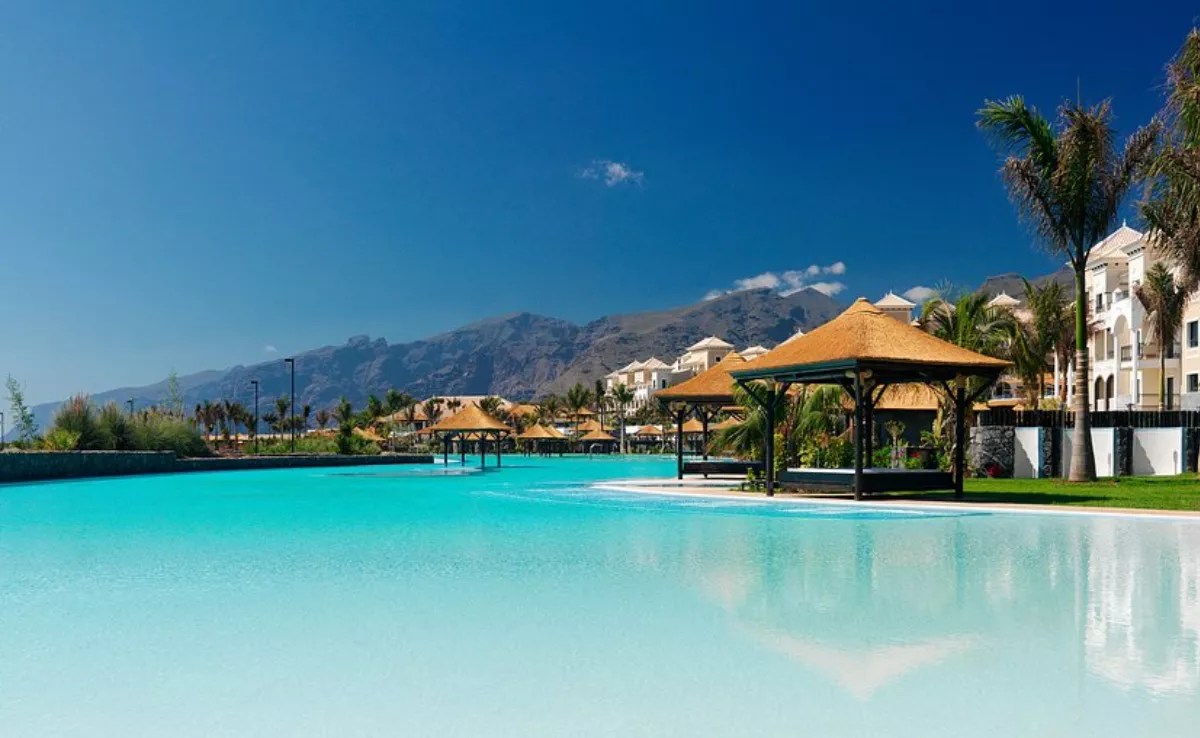The political changes are still far away in the three towns of the Valley of La Orotava: in the Villa, the Canarian Coalition continues without showing wear and tear after 44 years of nationalist governments; the PSOE from Porto arrives strong after seizing power from the PP and CC in 2019, and the realejero PP changes its leader after the departure of Manuel Domínguez, but it does so with the margin of an overwhelming majority of 15 to 6.
The Valley of La Orotava faces the municipal elections of the 28M with three clear favorites to win the municipal elections and continue in power for another four years. The current mayors, Francisco Linares (DC), Marco Gonzalez (PSOE) and Adolfo González (PP), are very solid candidates to maintain and, in some cases, improve the results of 2019. Political changes are still far away in the three most populated towns in the north of Tenerife. In La Orotava, the Canary Coalition continues without showing wear and tear after 44 years of governments nationalists and hardly anyone doubts that Linares will once again win easily. The PSOE from Puerto arrives strong after seizing power from the PP and CC in 2019 and Marco González even aspires to improve his results. The realejero PP changes its leader after the departure of Manuel Domínguezwho governed for 11 years with an absolute majority, but his successor, Adolfo González, faces his first elections with the margin that gives an overwhelming majority of 15 popular councilors against 6 from the opposition.
The Orotava. The nationalists have ruled La Orotava since 1979, first with the AIO, then with ATI and now with CC. Since 1983, they have managed the Villa with the absolute majority obtained by Isaac Valencia and, from 2013, by Francisco Linares. In a term without major political conflicts or scandals, there is nothing to suggest that change is approaching La Orotava. The main opposition party continues to be the PSOE, which is betting on María Jesús Alonso in these elections, whose challenge will be to maintain the upward progression of the Socialists, who in 2011 won three mayors; in 2015, four, and in 2019, five. Assembly for La Orotava, the proposal that brought together the entire alternative left in the municipality until the emergence of Podemos, is presented with Aída Salazar as headliner. Since its first elections, in 2015, this movement has achieved three councilors and the 28M aspires to maintain that ground and, if possible, start to grow. The Popular Party also changes its candidate with respect to the 2019 elections. Ildefonso González takes over from Patricia Fernández to try to recover a PP that has hit rock bottom in 2019, when it was left with a single representative in the Corporation, where it arrived to have 3 councilors between 2011 and 2015. Three other actors appear in the game that still do not have representation: Nueva Canarias, with Miguel López as a candidate; Vox, with María Aurora Martínez at the helm, and Podemos, with Santiago Martínez.
The Realejos. The PP has governed alone since 2011 and will face CC, Cs, Vox and a left divided between PSOE, United Sí Podemos, with Teo Morales, and Ahora Canarias-Izquierda Realejera, with the incombustible Juan Borges at the helm. Adolfo González (PP) has been the right hand of Manuel Domínguez in the local government and since June 2022 he had to succeed him. With just 11 months in the Mayor’s Office, he will have to face the socialist Miguel Agustín García at the polls, who won 5 mayors in the 2019 elections and leads the main opposition party. In CC she repeats María Isabel Pérez, with the obligation to begin to recover the ground lost in 2019, when she obtained only one mayor and barely 5.73% of the votes. In 2007 and 2003, Coalición Canaria was the first force in Los Realejos with 9 and 10 councilors and 38.44% and 43.69% of the votes, respectively. The Vox candidate is Mario Domenichini and the Ciudadanos (Cs) candidate, Jennifer Luis García.
Cross port. Marco González (PSOE) governs with the support of the Portuense Citizen Assembly (ACP), where David Hernández repeats as a candidate, and will face his partners, who have three councilors in the current corporation; to the PP, now led by Ángel Montañés, who has the precedent of the 8 councilors and 33.38% of the votes harvested by Lope Afonso in 2019; CC, who repeats with Sandra Rodríguez to try to recover the ground lost four years ago (when he achieved only two councilors and 9% support), and Vox, who breaks into Porto politics with Salvador Miguel Lucena. The Socialists arrive strong at the elections after seizing power from the PP and CC in 2019 and now they hope to improve their results.















